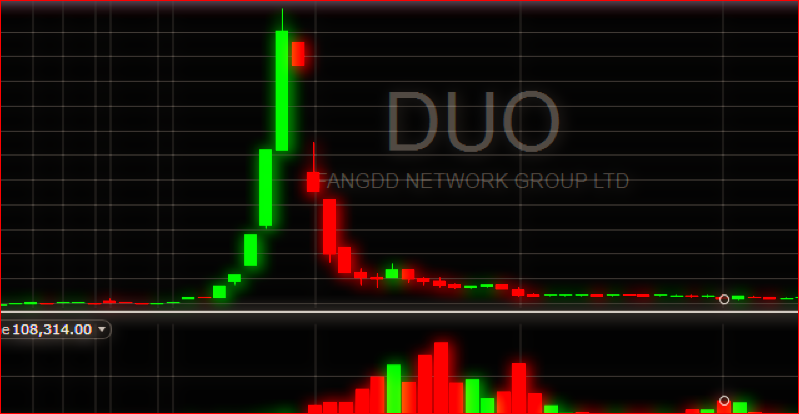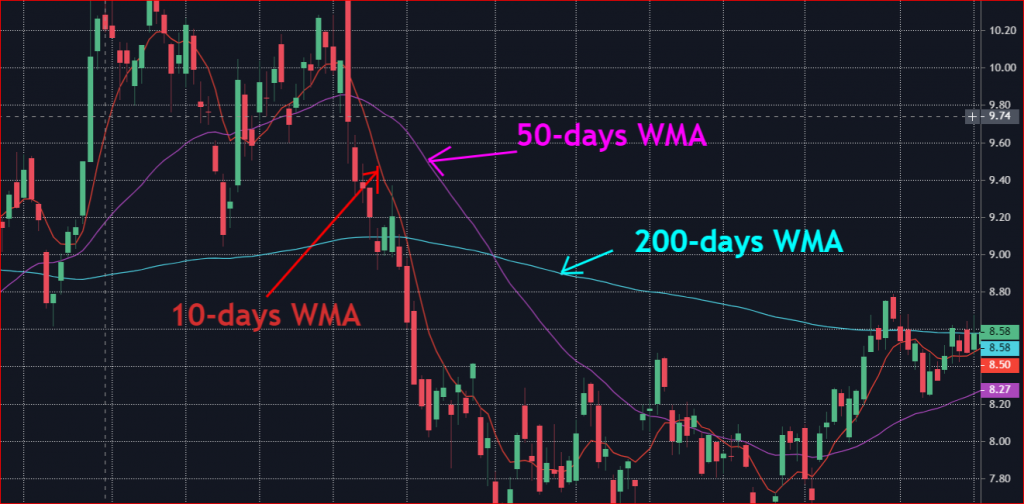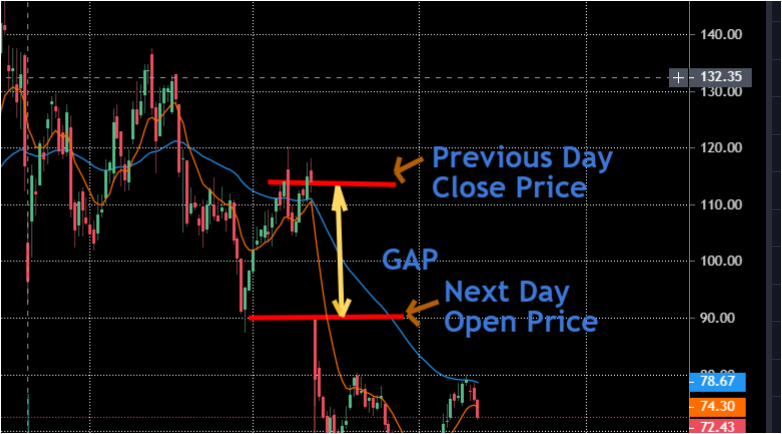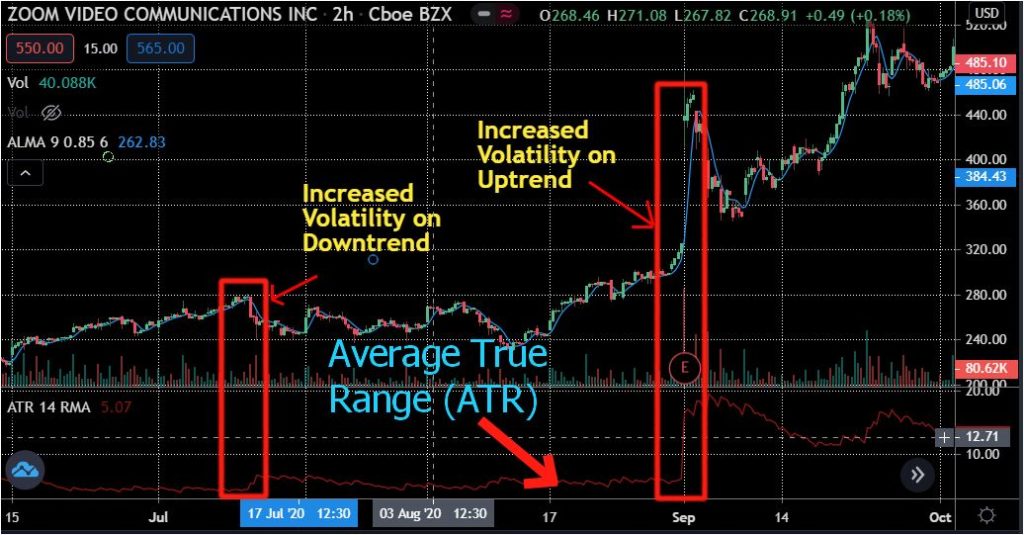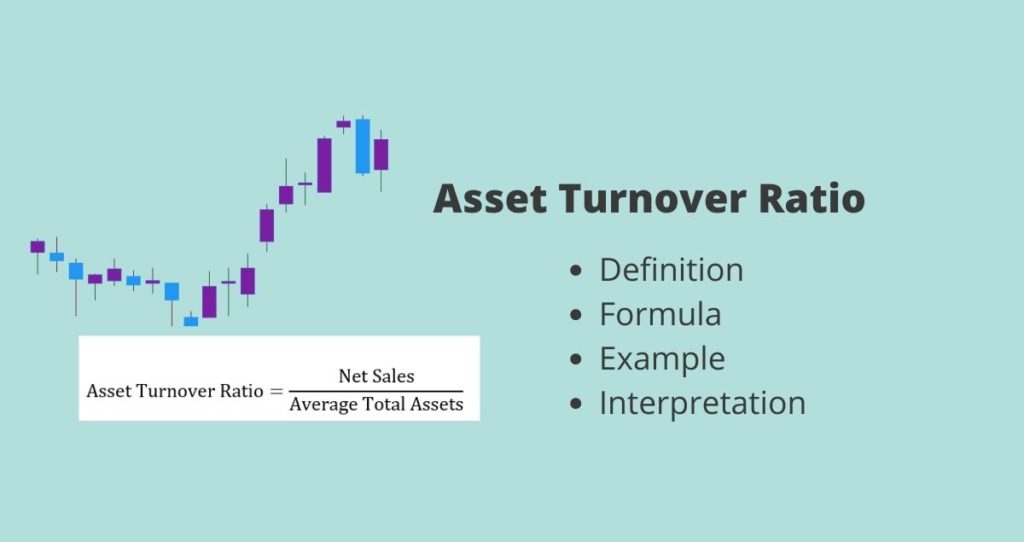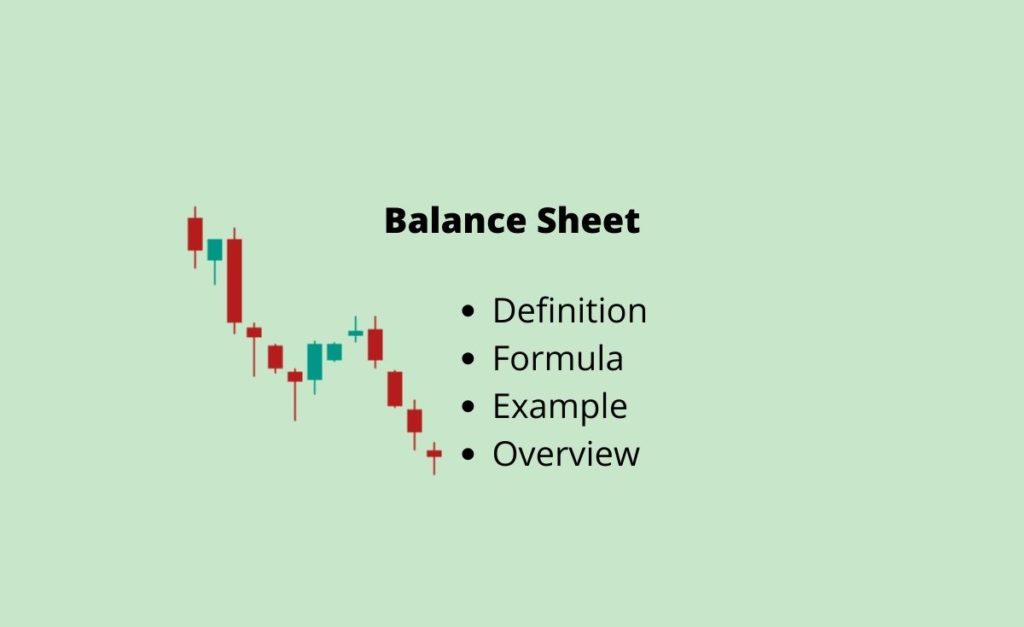What is arbitrage?
Arbitrage is a term used when investors simultaneously purchase and sell securities that are trading at different prices in different markets. Their profits become the difference between the purchase and sale prices.
How does arbitrage works?
To find the price difference on the same security, you will need to scan through multiple market places. If you are looking in the stock market, you can check the trading prices at different exchanges such as NYSE, NASDAQ, London stock exchange, and many more.
Once you find a stock that is trading at different prices across multiple markets; you will then buy it at the lowest price on one market and sell it at another market at a higher price. This process must be done simultaneously as prices change or update fast. You will then pocket the difference.
You must understand that the difference in security prices across different markets is not that big. Therefore, you will need to sell a great number of units to make a viable profit.
Causes of arbitrage
The market inefficiency is the main cause of arbitrage. Some of the reasons behind market inefficiency include but not limited to the following.
- The imbalance between supply and demand
- Imperfect distribution of information regarding securities across markets
Example of arbitrage
Let’s assume that you want to make money using arbitrage. So, you realize that a stock is trading at two different prices at the NYSE and the Chicago Stock Exchange. For example, its price is $10.15 at NYSE and $10.13 at the Chicago Stock Exchange.
To make money on this trade, you would buy it at $10.13 from the Chicago Stock Exchange and sell it at $10.15 at the NYSE. You will make a $0.02/share or 2 cents.
You can see that the profit is not very big. However, it is possible to make more money. You will need to buy and sell a big number of shares.



